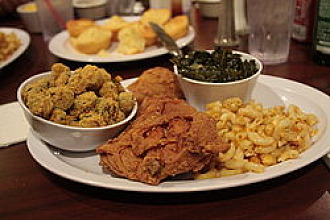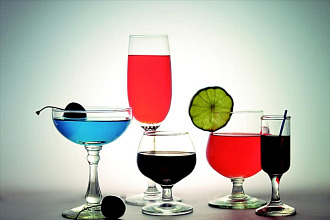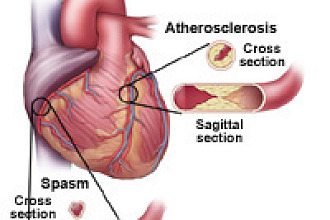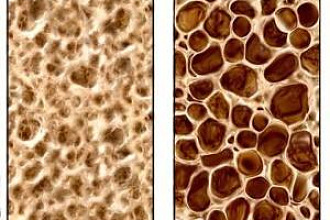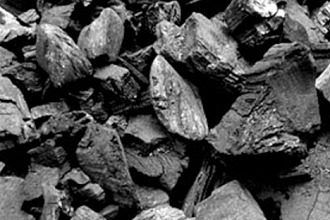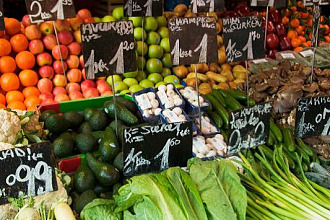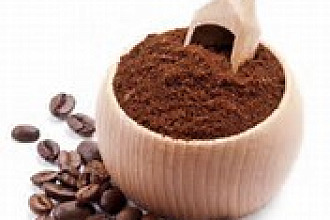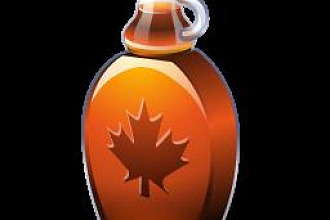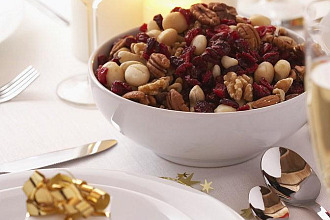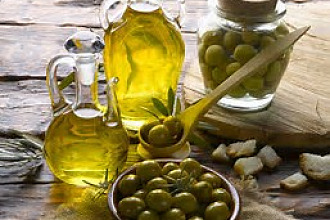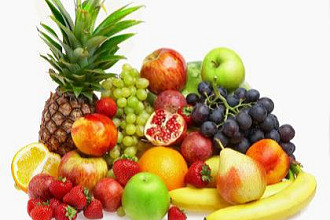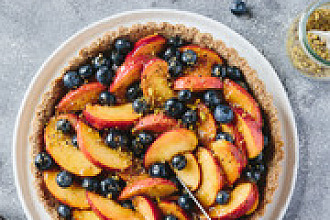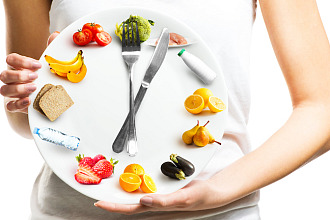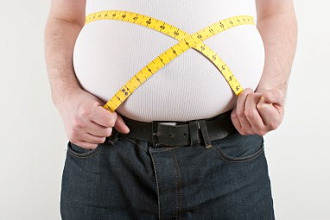When the fat-free craze began back in the ’80s, I believe it was my sister the marathoner (though she hadn’t started running yet) who raised my family’s awareness of the evils of fat. We ceased making rich homemade desserts and, as did the rest of America, snacked instead on pretzels, red licorice, hard candy, and Snackwells cookies. “They’re fat free!” we proclaimed delightedly between mouthfuls. I think Entenmann’s even made a fat-free donut.
Years went by, however, and our waistlines either stayed the same or expanded — probably because an increase in calories made up for the absence of fat. It took awhile, but I began to understand that fat-free isn’t calorie-free. Nor is it necessarily healthy!
In truth, your body needs fat. You’ve heard of essential fatty acids? They’re so named because they are, in fact, essential: Your body cannot manufacture them from the food you eat. These fats play an important role in growth and development as well as in the prevention and treatment of chronic diseases. Fat serves other practical purposes as well: It adds flavor to your food and, because it is digested more slowly than other nutrients, keeps you full between meals.
There are three main types of fats: Saturated are the “bad” fats. Typically solid at room temperature, these fats are found mainly in meat and dairy products as well as coconut and palm oils. A diet too high in saturated fat leads to heart disease and cancer.
Polyunsaturated fats are in corn, soybean, safflower, and sunflower oils. Substituting these for saturated fats lowers cholesterol, but too much polyunsaturated fat can promote cancer. “Good” monounsaturated fats also lower cholesterol. They’re found in olive, canola, and peanut oils. However, no refined fat is “healthy” — so consume these good fats primarily in their most natural state (olives, avocados, nuts, and seeds) and use oil only in very small amounts.
Other fats have recently become household names. Hydrogenated or partially hydrogenated fats are unsaturated fats that are altered to extend their shelf life. They contain harmful trans fats and should be avoided completely.
Cholesterol is a type of fat the body produces (as do the bodies of other animals). Eating cholesterol raises your cholesterol, as does consuming saturated and trans fats. Omega-6 and omega-3 fatty acids are essential polyunsaturated fats. In the typical American diet, omega-6 fats are plentiful while omega-3s are scarce. This dangerous ratio leads to inflammation (a factor present in many chronic diseases), heart disease, stroke, autoimmune diseases, skin diseases, and depression. The body cannot make sufficient DHA, another essential omega-3 fat, on a diet high in omega-6 fats and low in omega-3s.
Don’t waste too much energy on how much of each kind of fat is in your food; simply eat a diet rich in a variety of whole, unrefined foods, as close to their most natural state as possible. Again, the best sources of good fats (including omega-3s) are almonds, walnuts, flaxseed, pumpkin seeds, sunflower kernels, and avocados.
How much fat should you eat per day? If you are overweight and trying to lose weight, it’s okay to consume very little fat, because your body will use what it has stored. But don’t stay on a nonfat or extremely low-fat diet long-term! If you are at a healthy weight and exercise regularly, eat as much as three to four ounces (about 2 small handfuls) of raw nuts or seeds per day, an avocado, or a couple of tablespoons of olive oil. Growing children or someone who has a hard time gaining weight can eat more than that, but it should still be fat in its most natural form. Even if you are healthy and at an ideal weight, fat should comprise no more than 30 percent of your total calorie intake at most. On a 2,000-calorie diet, that’s about 600 calories worth. Put another way, about 65 grams.
Any way you look at it, remember that even the healthy fats in avocado, nuts, and seeds pack a nine-calorie per gram punch, so if you want to maintain or lose weight, watch your intake. (In contrast, protein and carbohydrates contain only four calories per gram.)
One last bit of fat trivia: The fat on your plate will very easily be converted into body fat. So easily, in fact, that a biopsy of the fat on your waist, hips or thighs would reveal precisely where that fat came from: a pig, a chicken, a hunk of cheese, or handful of nuts! Now that’s food for thought …
Originally found here
Picture originally found here








